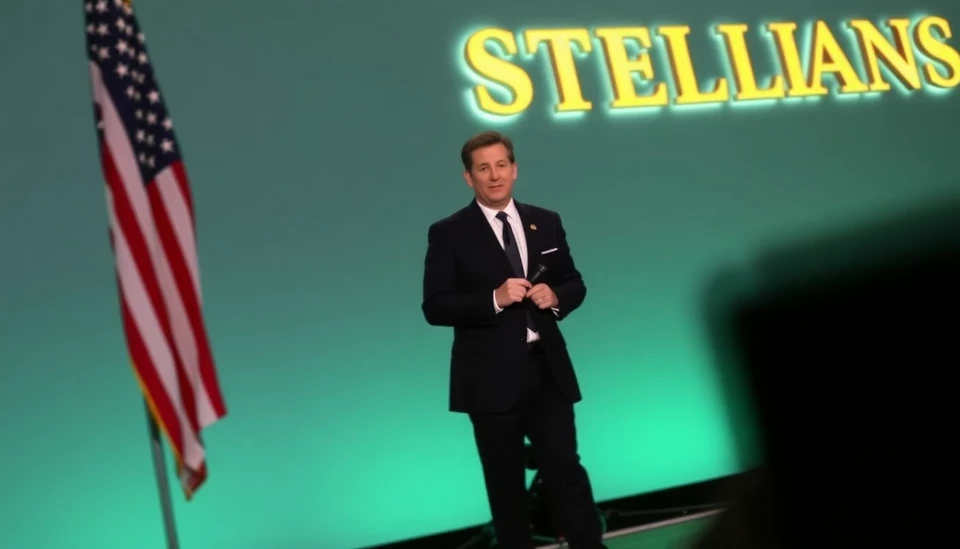
In a significant move reflecting the shifting landscape of the automotive industry, Stellantis, the multinational automotive manufacturing corporation, has announced a series of consumer discounts aimed at countering the financial impact of looming auto tariffs. This strategic decision mirrors a recent initiative by Ford Motor Company, which introduced similar reductions to maintain its competitive edge.
The backdrop to this latest development is the ongoing uncertainty regarding proposed tariffs on imported vehicles, which have raised concerns among manufacturers and consumers alike. With the automotive market facing increasing pressure from potential government regulations, both Stellantis and Ford are proactively working to mitigate the potential fallout on sales and consumer affordability.
Stellantis's discount program includes financial incentives such as cash rebates, favorable financing options, and special leasing terms that aim to boost sales and maintain customer interest. This calculated response not only helps consumers navigate the challenges posed by higher vehicle costs attributed to tariffs but also positions Stellantis as a proactive player in a competitive market.
The recent announcements come at a time when the automotive industry is grappling with various challenges, including supply chain disruptions, rising raw material costs, and a general slowdown in consumer spending. The introduction of tariff-related price increases could further exacerbate these issues, prompting manufacturers to seek innovative solutions to retain their customer base.
Industry analysts are closely monitoring the situation, emphasizing that the approach taken by Stellantis and Ford could set a precedent for other automakers facing similar tariff pressures. As market dynamics continue to evolve, the reactions of consumer sentiment to these discounts will be key in determining the long-term effectiveness of such strategies.
As the automotive market shifts rapidly, the strategic decisions made today by Stellantis and its counterparts could have lasting implications on their market share and overall consumer loyalty. With the future of automotive tariffs still uncertain, manufacturers are keenly aware that adaptability and consumer engagement will be crucial in navigating the turbulent landscape ahead.
In conclusion, Stellantis's response to potential auto tariffs—mirroring Ford's initiative—highlights the growing recognition within the auto industry of the need to prioritize consumer needs amid regulatory pressures. As both companies launch attractive discounts to offset the impending challenges, the overall impact on the automotive market remains to be seen.
#Stellantis #Ford #AutoTariffs #ConsumerDiscounts #AutomotiveIndustry #TariffImpacts #MarketStrategy
Author: Samuel Brooks




